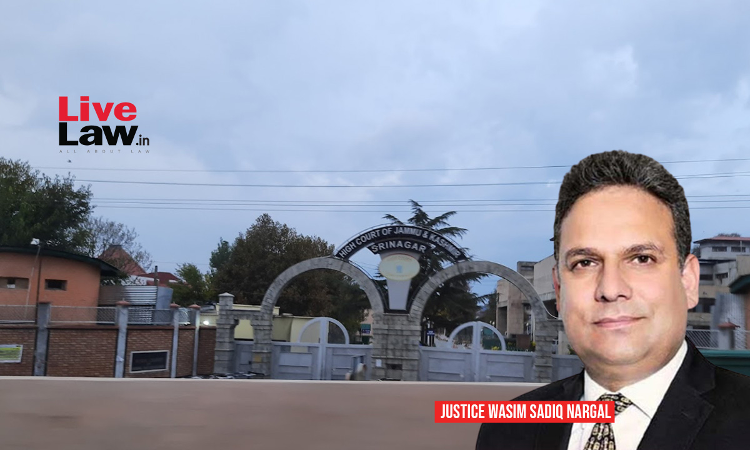Lok Adalat Awards Deemed Decrees, Further Appeals U/S 96 CPC Not Allowed: Jammu & Kashmir High Court
Basit Amin Makhdoomi
19 Oct 2023 9:15 AM IST

Next Story
19 Oct 2023 9:15 AM IST
The Jammu and Kashmir and Ladakh High Court has recently observed that every award issued by the Lok Adalat is deemed to be a decree of a Civil Court and is final and binding, hence closing the door to further appeals under Section 96 of the CPC.Justice Wasim Sadiq Nargal noted that an award of the Lok Adalat can only be challenged if there is an allegation of fraud or if the agreement...
